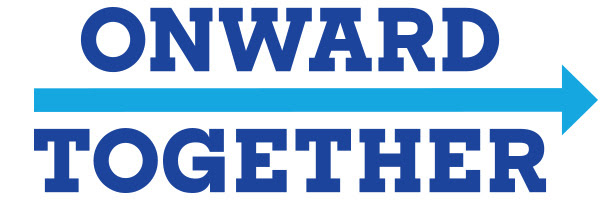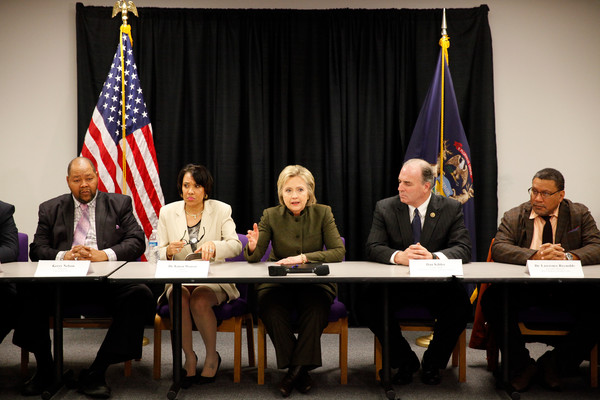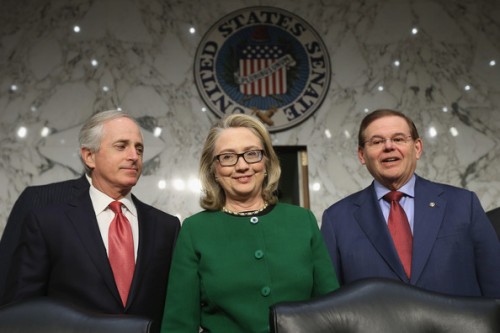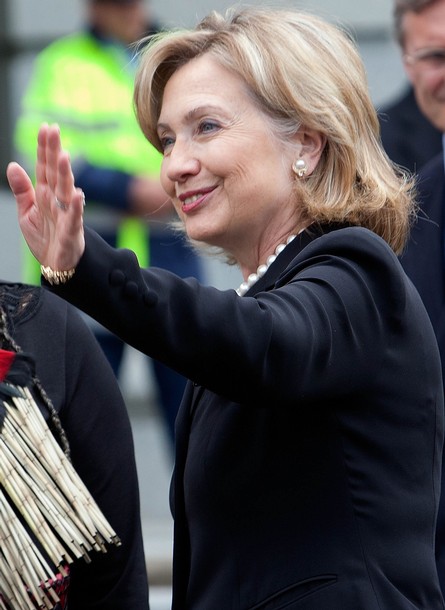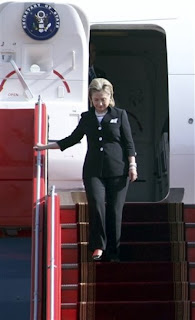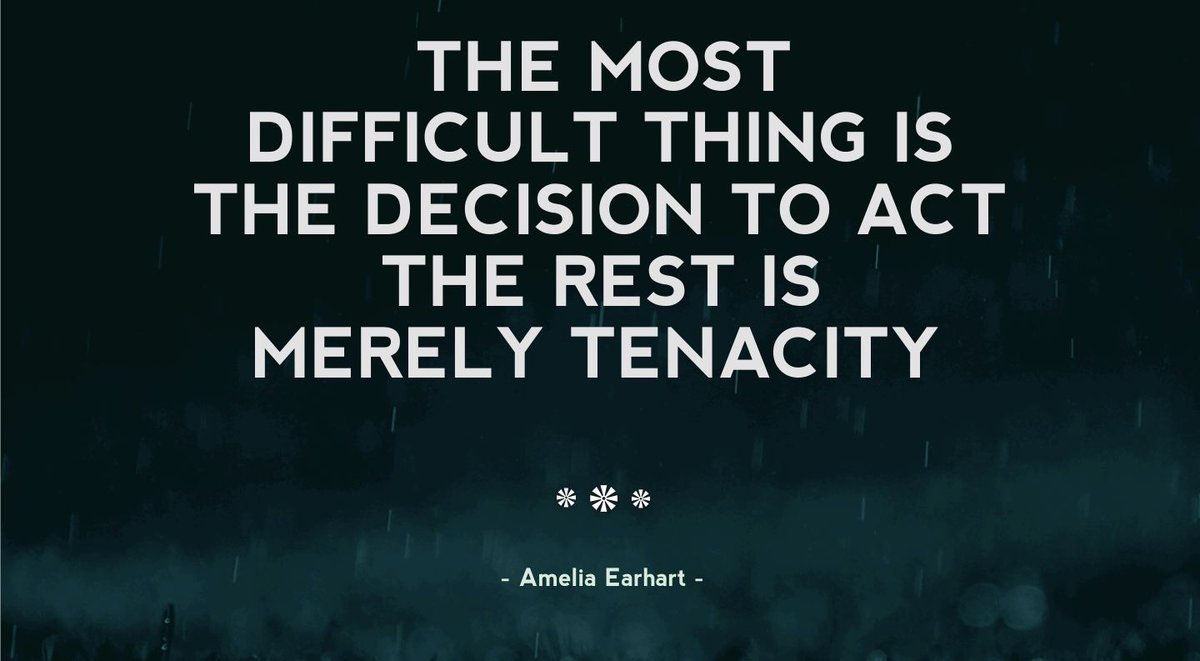MS. MILLS: Good morning. Wow, this is fabulous, most particularly because it’s someone else that the Secretary gets to play with nonstop now that you guys are here.First of all, I want to say good morning and welcome to the first Global Chief of Mission Conference. We are so delighted you are here, and more importantly than saying welcome to the conference, welcome home. It is so nice to see so many of you. My name is Cheryl Mills. For those of you all who I haven’t had the chance to meet personally, I’m the Counselor and Chief of Staff here at the Department.
And we have really been looking forward to this. We have been looking forward to this not only because we would like to sleep after it’s over, but because this really has been something that has been critical to the Secretary for some time. She really wanted to have the opportunity for all of us to be able to gather in one place so we could talk about what it is and how we can build on the things that we do well, what are the opportunities to improve those things that we think we really could do better, and most importantly, what are we missing and what are the ways in which we can identify those things we are missing in a fashion that means we are all more effective on behalf of the country that we are privileged to serve.
In that vein, I do want to talk about the fact that this really is designed to be the best opportunity not only to share information with you, but also to listen and learn from you. And that really is an invitation that you should just walk right through the door of. I hope you take it very seriously because at bottom, what we’re really trying to reduce, if I’m being quite selfish, is the number of times we get a call saying, “Why is Washington doing this?” And invariably, you all have better ideas and better thoughts about how we could do it better and well. And so it would be great if we were limiting the number of those and increasing the number of times we actually were doing the right and smart thing with the benefit of your guidance and your leadership and your participation. So that’s our goal, and I hope that you all help us reach our goal.
So before I introduce the Secretary, I do want to thank, as my family always says, the hands that prepared it, and in this case, the hands that have been helping to prepare for this conference. And they include many people, but I particularly want to make sure I thank Shawn Baxter and Bernadette Meehan, Marguerite Coffey, Ruth Whiteside, Leslie Moeller, and of course, the incomparable Pat Kennedy and Steve Mull who have been working tirelessly to help bring all of this together. I also want to thank everybody else who has been helping to make this successful.
Now, with that, it is my pleasure to introduce the woman who has been really looking forward to seeing you, the Secretary of State, Hillary Clinton. (Applause.)
SECRETARY CLINTON: Good morning. Good morning. Good morning. Good morning. (Applause.) Thank you all very much. Thank you. It is such a pleasure to welcome all of you back to Washington for the first ever, in American history, all-hands-on-deck ambassadorial conference. Chiefs of Mission from every corner of the world who may not ever get a chance to meet each other or exchange ideas are here today for the gathering that we have been looking forward to.
We’ve wanted to do this for some time. We figured early February would be quiet, not much going on. (Laughter.) What better time to pull you from your posts and responsibilities? And, of course, Margaret Scobey from Egypt is not here. But I am very grateful that we’re going to have a chance for you to interact with the senior leadership of the Department. I will be back tomorrow afternoon for a Q&A session, and I want everybody to be fully prepared. Today, you will have a chance to hear from Mike Mullen – Admiral Mullen, Chairman of the Joint Chiefs at lunch – who will make remarks and do a Q&A. And we have some other surprises along the way.
It is, for me, a great honor to look out and see a lot of faces that are familiar to me from the traveling that I’ve already done as Secretary of State, and of course, the traveling that I did in my prior lives. And the level of professionalism and commitment is never-endingly impressive. And as we see with what’s going on today, recent events in Egypt and certainly in that broader region, remind us all how crucial it is to have top-notch leadership on the ground, and how quickly that ground can shift under our feet. So whether your mission is large or small, whether you’re a political appointee or a career diplomat, you are all on the front lines of America’s engagement with a fast-changing world. And that’s why we think this conference is so important.
It goes without saying – but I will say it anyway – that this is a critical time for America’s global leadership. We have spent two years renewing our alliances, forging new partnerships, and elevating diplomacy and development alongside defense as pillars of American foreign policy and national security. Now, as we look to the next two years, it is time to build on that progress and deliver results – results that are expected from ourselves and certainly from the Congress and the American public.
We’re going to be looking to see how we can advance America’s interests and values on security, on climate change, on boosting exports and rebalancing the global economy on all of our core priorities. But I will hasten to say we face a very difficult budget climate and we face an increasingly complex, no easy answers if there ever were any, diplomatic and development environment. From the theft of confidential cables to 21st century protest movements to development breakthroughs that have the potential to change millions of lives, we are all in uncharted territory, and that requires us to be more nimble, more innovative, and more accountable than ever before.
That is why we launched the first ever Quadrennial Diplomacy and Development Review, the so-called QDDR. Now, many of you participated in this process and you contributed valuable suggestions and ideas, your staffs were deeply involved, and we consulted not only thousands of people within State and USAID directly and indirectly, but also hundreds of experts outside government. And the result is a sweeping report that we hope will fundamentally change the way we do business.
The reason I decided to direct us to undertake the difficult challenge posed by producing the first-ever QDDR is because as a senator, I served on the Senate Armed Services Committee. And every four years, the Pentagon would produce the Quadrennial Defense Review. And it was a very effective organizing tool for the Pentagon because it set forth what their assessments were and what their commitments were in a way that kind of guided the legislative and appropriations process.
At the same time, both from my years as First Lady and as Senator, I often saw State and USAID coming in on separate tracks, making different arguments, fighting over scarcer resources, not coming up with the kind of organizing blueprint that would move people into a decision process that would benefit our immediate and long-term goals. So the QDDR is a first-time effort, but it is a blueprint and it is a blueprint as to how the United States can lead in a changing world through the use of what I call civilian power. That is the combined force of all the civilians across the United States Government who not only practice diplomacy and carry out development projects, but who act to prevent and respond to crisis and conflict.
You know very well, because you practice it every day, how crucial civilian power is to America’s leadership in the world and to our national security. I don’t need to tell this audience what I tell other audiences all the time – that it is our diplomats and development experts who can diffuse crises before they explode, who can create new opportunities for economic growth, who can stand up for universal values and human rights, who can help us find partners to advance economic growth that is inclusive and prosperity-producing.
We can come up with solutions that might otherwise require or suggest military action. And where we work side-by-side with our military partners in Iraq, Afghanistan, and other fragile states around the world, we can be the partner that our military needs and deserves. And that’s what Admiral Mullen will speak to. Admiral Mullen and Secretary Gates have been two of our biggest boosters and advocates. Secretary Gates gave a now very well-received and even famous speech about the need for enhancing our diplomatic and development posture. And they have joined with me in asking the Congress for the funds that we need for the missions we’ve been given.
But this is not just about Afghanistan and Iraq. It’s not just about Egypt or Yemen. It’s not just about China or India. It is about every nation that you represent our country in. Because as chiefs of mission, you are at the heart of the QDDR’s vision for the future, and you will be at the core of its implementation. Let me be clear. This Department, USAID, I, our deputies, our under secretaries, assistant secretaries – we cannot do this from Washington. This has to live and breathe in you and through you. And that is what we are hoping to advance together.
Now, I know that some of you have concerns about the changes we are proposing and others of you may be skeptical about whether they can be implemented. Part of the reason for this conference is to hear those concerns and that skepticism. That’s the only way we can either answer them, do something about them, or, frankly, shift direction to take them into account. Nothing will get done by sitting on the sidelines. So I strongly encourage you to take this opportunity to put aside our normal diplomatic niceties and really engage in an open and candid discussion about the challenges we face and must meet. And you will have that opportunity in the public sessions we’ve arranged and in private encounters with any of the leadership or myself during the next two days.
Now, the QDDR covers a wide range of reforms, including a reorganization here in Washington, that will encourage us to be more cross-cutting and results-oriented and, frankly, significantly expand our capacity to prevent and respond to crises and conflicts. You’ll also hear from Ambassador Melanne Verveer about how we are attempting to integrate women into everything we do. That is not just a pet project of mine. That is rooted in decades of evidence about women being partners and participants in peacemaking, in economic opportunity, in participatory governance, and it’s something that we want to really understand how better to promote.
We are also making it easy to pursue new public-private partnerships. And our Special Representative for Global Partnerships Kris Balderston is here and we’re looking forward to talking with you. We’re doing a lot in that area. We would never have been able to participate in the Shanghai Expo – it would have been the United States and Andorra who did not have exhibit halls if we had not had exhibit halls if we had not had a public-private partnership that we jumped into as soon as I realized how embarrassed we were going to be, and we pulled it off.
We’re also driving a new innovation agenda. And Special Advisor Alec Ross will have more to say about that tomorrow. We call it 21st century statecraft. It is, by no means, a hundred percent clear that social media, technology, is going to make things better. But one thing we know for sure, it’s going to change things. And if we’re not on top of it and driving a message and responding as effectively as we can, we’re going to be left behind.
These and other changes are coming, some, including Administrator Raj Shah’s USAID forward agenda, is already well underway. Others are going to take time, and in each case, we look to ensure that we have the maximum impact here in D.C. and out in the field. We will be appointing an experienced FSO to work with Deputy Secretary Tom Nides to drive our implementation, and we will try to set deadlines and create some benchmarks as we go forward.
Now let me give you one example that we identified early and have been working on, which has now come to public attention. All too often, you and your officers are tied to desks fulfilling hundreds of reporting requirements mandated by both Congress and the Department. A new report from the Inspector General just underscored this problem. We believe this can and must change. So as part of the QDDR, we are consolidating or eliminating duplicative reports, making reports shorter and streamlining workloads. In a move sure to make Tom Nides popular with many of you, Tom has already signed off on a long list of reports that will either be eliminated or cut back in length.
When I realized – and I have to confess, as a senator, when in doubt, order a report. (Laughter.) When I saw the results of that, I was appalled; nothing like sitting in a different seat to see things from a different perspective. So we are doing everything we can. We intend to go to the Congress and instead of three reports on either the same or basically the same issues, see if we can’t drive it down in length. I want to adopt the George Marshall rule, which is that no report or memo should be more than two pages. So, we’re going to try to free up your teams to engage more actively – (applause) – with the world outside the embassy walls. And of course, the sad part is most of these reports are never read. So we are going to do our best to try to remedy that.
Now, nearly all of the most significant themes of the QDDR relate directly to you, chiefs of mission. As the President’s representative, you are responsible for directing and coordinating all U.S. personnel in your countries. And to effectively manage increasingly complicated operations with personnel drawn from all across the government, you have to truly be CEOs of multi-agency missions.
Now you’ve probably heard that phrase already, and some of you may be asking what it really means, especially those of you who acted as CEOs in your previous lives. I know the metaphor is imperfect, and I understand the limitations that you face on everything from personnel to planning to policy to budget, but we may not be under any illusions about the challenges you face, but we want to up our game, because we want the State Department and our chiefs of mission to claim the ground of being the leaders and coordinators of U.S. Government presence in every country where you serve. That is easier said than done. But I still think the CEO model is critical, because we’re really talking about leadership, especially interagency leadership.
As you know better than anyone, your embassies and consulates are increasingly staffed by experts from a wide range of U.S. agencies. Others operate in your countries with little contact with the embassy, and all of this creates bureaucratic headaches and sometimes real problems.
So what we are looking for is to work with you and hear and learn from you how we can better imbue you with the leadership, the position, the skills needed to take that chief of mission across the U.S. Government role and title seriously and implement it. And that means that each agency’s priorities have to be integrated into a single mission that inspires support and partnership.
To help you do that, we are clarifying reporting structures and allowing you to participate in performance reviews for all personnel at your mission regardless of agency. We’re going to offer new training in interagency cooperation, and going forward, we will prioritize interagency experience and talents as criteria for choosing and training chiefs of mission and deputy chiefs of mission. We also intend to increase your involvement in high-level policy deliberations here in Washington. Whenever possible, we want you to be able to participate via videoconference in deputies committee meetings, in the Situation Room, and in senior meetings here in the Department. It goes without saying, but your on-the-ground insights are invaluable, and it’s our loss if that perspective goes unheard.
We will also change the budget and planning process. Each chief of mission will be responsible for overseeing an integrated country strategy that will bring together all country-level planning processes and efforts into one single multiyear overarching strategy that encapsulates U.S. policy priorities, objectives, and the means by which diplomatic engagement, foreign assistance, and other tools will be used to achieve them.
I know it’s common practice just to roll over last year’s budget with a small increase. But you have not only the opportunity, but also the responsibility to rethink and reimagine your strategy, to advise us about where to invest in programs that work and end efforts that don’t, and to align your funding priorities with what is actually happening on the ground. You’ll hear from Judith McHale and our public diplomacy team, and some of you know from firsthand experience they have been working very hard to shift resources and positions out of countries where they are no longer needed to places where they are desperately required. I really know this is hard, but we have to do it.
When I became Secretary of State and we looked at what was going on in Pakistan, we did not have enough voices to be able to push back on every kind of outlandish, outrageous accusation that was made against the United States by the Pakistani media on an almost daily basis. In looking across the world, we saw countries that we’ve been at peace with for decades who had far more resources in a far easier, more permissive environment. And I want to commend the chiefs of mission who are here who worked with us to basically cut your own resource base. Because you understood that it wasn’t just better organizing and focusing what you were doing inside your own country of responsibility, but what we needed to do across the world to promote American values and interests.
Now, no one will get everything he or she wants; that’s a given. And we face the most difficult budgetary environment. This month, even though we are submitting an FY 2012 request that is a lean budget for lean times, we don’t even know what our 2011 levels are. And there is a great deal of push coming from the new Congress, particularly the House, to cut State and USAID to 2008 levels despite the fact that we are about to inherit an overwhelming responsibility in Iraq, which, if you did the math, the military would not be spending $41 billion and we would be asking to increase our budget by 4 billion, which sounds to me like a pretty good tradeoff. But the problem is that even if the Congress decides, “Okay, we’ll fund you for your overseas contingency operations, but we’re going to cut the base, we’re going to cut operating dollars,” we are going to be in a very difficult position.
Now, we have scrubbed our budget for every dollar of savings, and we have made very hard choices, and I ask you to help us. You can save money in your mission. You can change the way you’re doing things to be more efficient and cost-effective. We have shifted funds into programs that save money such as stronger monitoring and evaluation systems, efforts to consolidate information technology, procurement reform at USAID, targeted investments in innovative development programs. But we have to keep doing more and more to keep up with what will be a very tough set of choices coming out of congressional appropriations.
We are pressing ahead with requests for new positions and investments in our core priorities, because we are convinced that effective civilian power ultimately does save lives and money, and we need your help. And many of you either have already gone or will be going to the Hill, and I ask that you, in addition to talking about the particular situation in your country that is of interest to the member of Congress or senator or committee that has asked you to come forth, you make the case for how we need to be positioned to compete diplomatically and developmentally.
It is clear that we have some tough competition, and if we are not going to keep up with that competition, we are going to cede a lot of ground to others who are more than happy to occupy it. So what this is all about is not only talking at and with you, but hearing from you about what you think we all can do better. We really want to enhance the culture of leadership here in the Department to help you deal with the very real challenges you face.
I can remember traveling in the ‘90s and during the time I was a senator and often being at a mission and having people coming into a room representing the United States Government that was presided over by the chief of mission or the DCM, and people had never met each other. They had no real incentive or requirement to cooperate together. We had multiple procurement efforts running. We had duplicative equipment and materials. Those days are over. If we intend to do our job and sustain the support of the Congress, we have to be ahead of what will be a continuing drumbeat.
We know that there are those in the Congress who have even advocated eliminating all foreign aid, eliminating AID, and it’s going to take some outreach and education to discuss with them and lead them through our rationale. But I and we need to be in a position where we can say, “Look, we hear you. We grew quickly in the last two years, which we needed to do. We’d been stagnant. We didn’t have the resources, particularly the personnel. We needed to the jobs we were being asked to do, but we are extremely cautious and conscious about every dollar we spend.” And when we say that, we need to mean it, and we need to be able to back it up.
I hope that each and every one of you knows how much we value what you do every single day. And I hope you each know how important we believe what you’re doing is not only to fulfilling the work of the Department or AID, but of really representing, protecting, furthering American leadership. I am a big and – a big believer and a strong advocate of American leadership. I think that we have a tough road ahead, but it’s one we ought to be able to navigate together. I don’t think it is time for us to sort of pull in, but instead to push forward. And it really is going to be up to you.
You often are the people that brief the members of Congress who come to your countries. You often are the people who carry out our diplomacy. You are the people who oversee our foreign assistance and our USG efforts, and that’s why only you can take the priorities and objectives that we have set forth and formulate a coherent strategy.
I’m looking forward to continuing to work with you. I’ve had the privilege of being with many of you as I’ve traveled the last two years and look forward to even more in the two years ahead. But please help us make the most of this time.
I remember when I showed up at the White House, one of the long-serving butlers said to me, “Well, presidents and first ladies come and go, but butlers stay forever.” (Laughter.) And I know many of you will be serving with distinction long after I’m gone, and long after President Obama’s second term is gone. But we can’t just do it the way we’ve always done it. There are too many forces at work, some of which we are only beginning to understand – too many crosscurrents and complexity, which is why you’ve been chosen to do this job at this moment in American history.
So help us institutionalize the changes we need, change the structures that will support the kind of diplomacy and development our country deserves, help us to be sure we sustain American leadership and values, and we will do a great service on behalf of the country we love and serve together.
Thank you all very much. (Applause.)
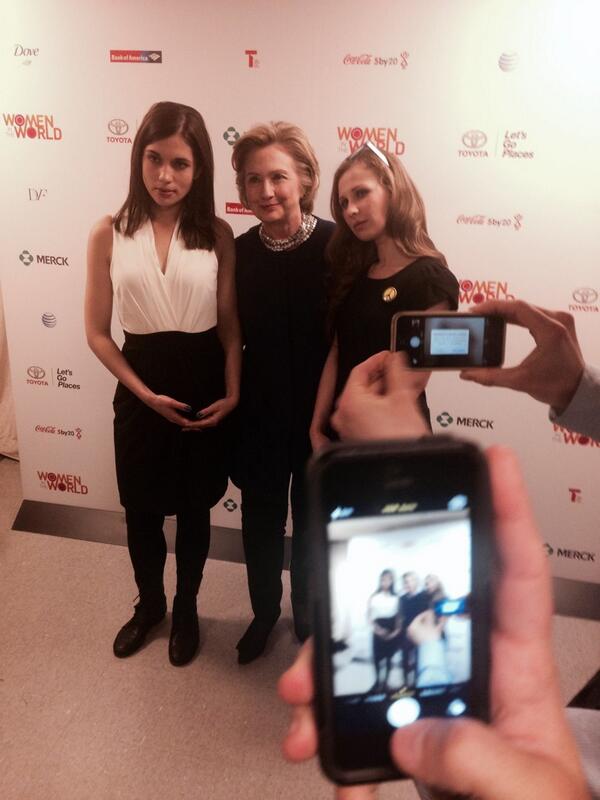





 I’m just going to cut to the chase: Hillary Clinton is a noted scrunchie-wearer, but according to a recent profile in
I’m just going to cut to the chase: Hillary Clinton is a noted scrunchie-wearer, but according to a recent profile in 



